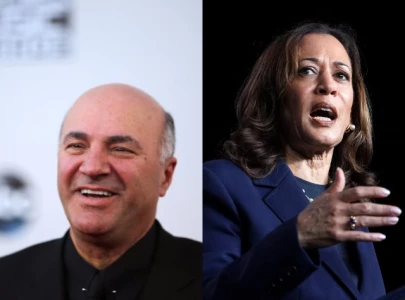
Awlaqi -- the leader of external operations for AQAP -- and Samir Khan, a Pakistani-American who was the editor of al Qaeda's English-language magazine, were killed last week in a suspected US drone strike in Yemen.
"Despite this blow to their leadership, AQAP remains a significant threat to the homeland, and we must maintain our vigilance in responding to this threat," FBI Director Robert Mueller told the House intelligence committee.
"AQAP has proven its capability to direct attacks into the United States, and a strike against its leadership, even a significant one, does not eliminate the potential for retaliation or other action by AQAP."
Matthew Olsen, the director of the National Counterterrorism Center, agreed.
"We remain concerned about the group's intent to attack Western targets, as well as its propaganda efforts designed to inspire like-minded Western extremists," Olsen said in his testimony before the committee.
"And we are monitoring how the loss of Awlaqi and Khan will affect AQAP's propaganda machine."
Olsen also expressed concerns about ongoing links between AQAP and Somalia's Shebab rebels, who claimed responsibility for a car bomb attack this week on a government compound in Mogadishu that left more than 70 people dead.
"I would say that that remains a significant concern -- the potential alliance between Shebab and AQAP," Olsen said, adding that Awlaqi's death would have little effect on the connections between the two.
COMMENTS (1)
Comments are moderated and generally will be posted if they are on-topic and not abusive.
For more information, please see our Comments FAQ




1732745394-0/Diddy-(4)1732745394-0-165x106.webp)












Al Qaida will still be a threat after Al Qaida's death, and before USA interests death